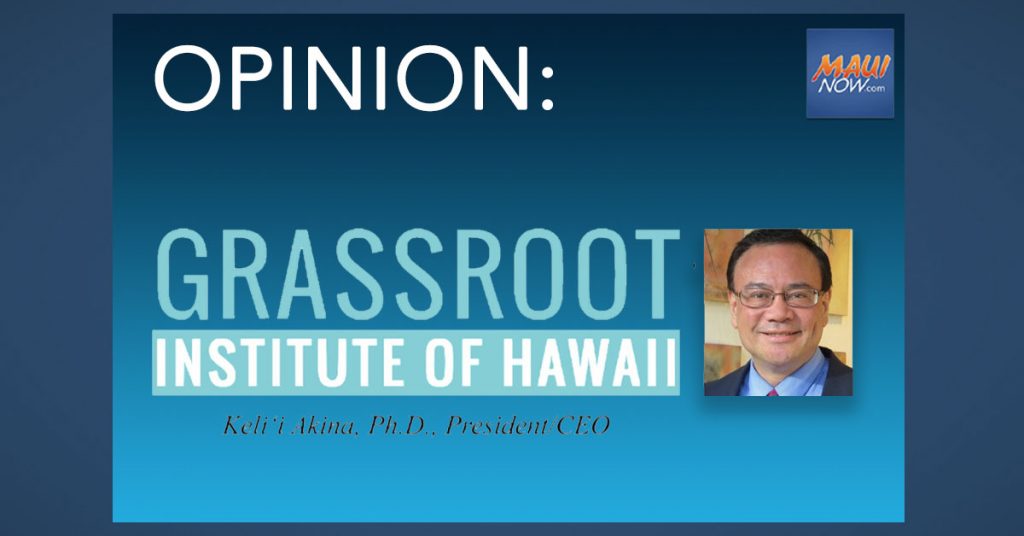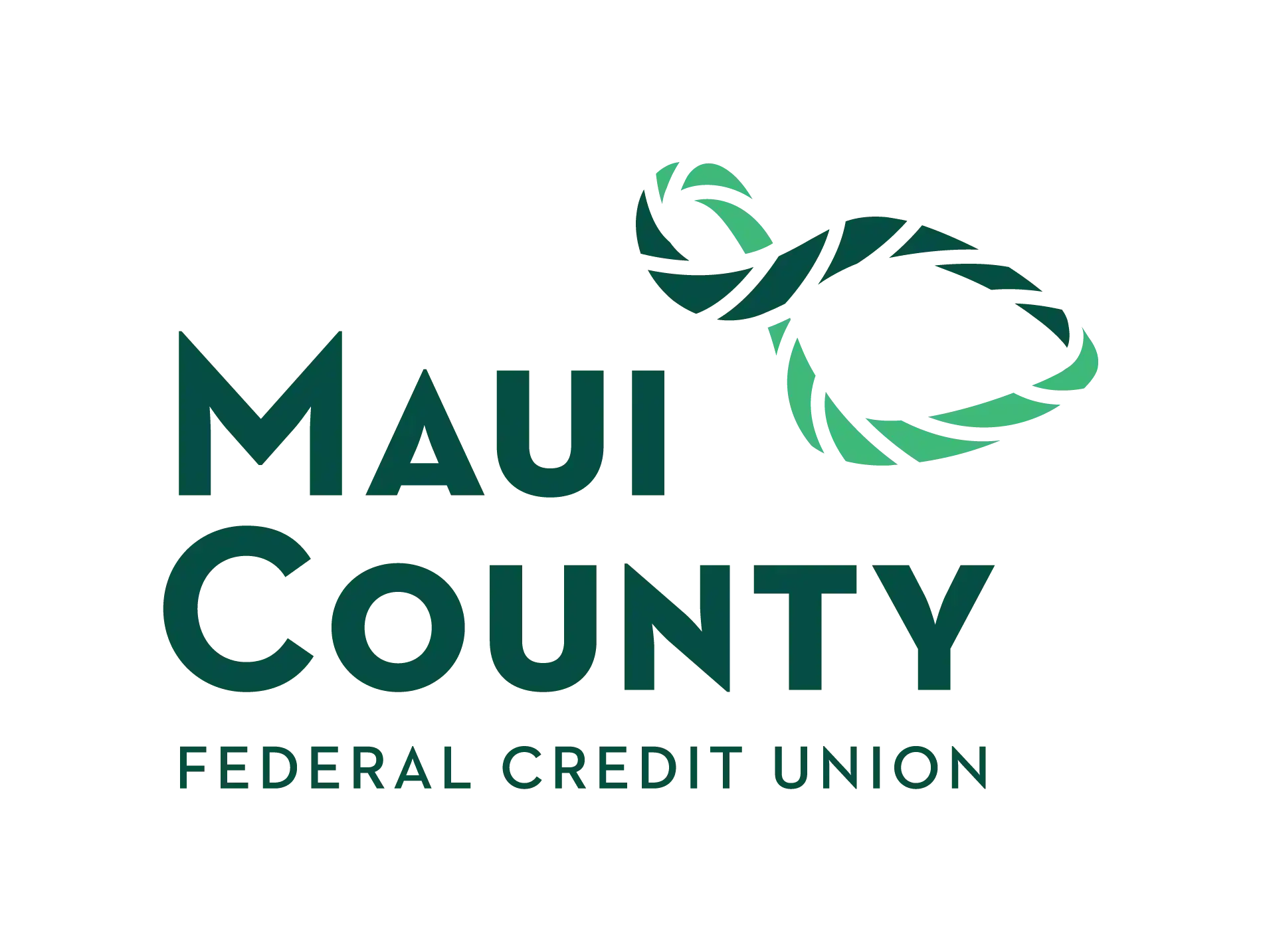Op-Ed: Grassroot Institute of Hawaiʻi on Maui’s Affordable Housing Dilemma

Op-ed Commentary
submitted by Keli’i Akina, Ph.D.
President / CEO – Grassroot Institute of Hawaiʻi
Depending on what Maui’s mayor decides, Maui residents could be in for a lesson that no county ordinance, no matter how well meaning, can overcome the basic rules of economics.
The Maui County Council approved a new inclusionary zoning law for 201H affordable housing projects, which, if signed by Mayor Mike Victorino, will increase the county’s affordable housing requirement from 50 percent to 75 percent — though the council would be able to give special approval to projects above 50 percent and below 75 percent.
This would give Maui the second most restrictive affordable-housing law in the country, behind the cities of Aquinnah in Massachusetts and Santa Paula and Oxnard in California, all of which have 100% affordable housing requirements.
The intent of the proposed law is to help Maui County address its lack of affordable housing. But the unintended effect of the bill, according to all available data, would be to make the crisis worse.
Too many of Hawaiʻi’s policymakers have yet to learn that they cannot achieve their political goals by ignoring economic realities. You cannot eliminate poverty by raising the minimum wage. You cannot solve the doctor shortage by hiking taxes on doctors. And you cannot create more housing by putting more restrictions on it.
It’s as though they believe that they could overcome the law of gravity by passing an ordinance requiring us all to float.
In testimony on the Maui housing bill, the Grassroot Institute of Hawaiʻi explained why inclusionary zoning requirements over 50 percent don’t work: It becomes nearly impossible for a project to make a profit at that point unless it is subsidized by the government.
The Grounded Solutions Network — a California-based nonprofit devoted to promoting “strong, lasting and inclusive communities” — created an “Inclusionary Housing Calculator” to demonstrate the limits of inclusionary zoning regulations. According to the calculator, even under Maui’s previous requirement of 50 percent, a low-rise 30-unit apartment project costing $18 million would net a loss of $7 million.
The calculator doesn’t even go up to 75 percent because it presumes that no one would attempt to embark on such an unprofitable project.
When developers can’t make a profit on a housing project, they don’t build houses. In the three U.S. municipalities with 100 percent affordable housing requirements, housing growth declined by more than 60% in the decade following the new rule.
The worst part is that the true victims of this law are the people it is meant to help. If this bill is signed, housing growth on Maui will slow overnight, ensuring that the housing crisis will get worse.
Because such a law would disincentivize the building of affordable housing, fewer homes would be built in Maui. Fewer available housing units would mean that the price of housing on Maui would continue to go up, perhaps faster than they already are. That means rents would rise, too.
This wouldn’t be good news for any Maui resident, but the people who would suffer the most are those who would qualify for affordable housing. They would be stuck trying to find a place to live on an island with a shrinking housing market, rising housing prices and rising rents.
If Maui government officials really want to increase housing growth in the area, they should remove the regulations and zoning laws that hamper development and disincentivize new construction. Maui’s leaders should be looking for new ways to streamline the development process. Instead, they are embracing policies that slow growth and create barriers to development.
I’m hoping that Maui residents won’t have to learn a hard lesson about supply and demand. You cannot create more affordable housing with the stroke of a pen. But you can make the housing crisis worse by making affordable housing projects unprofitable.
E hana kākou! (Let’s work together!)
Keli’i Akina, Ph.D.
President / CEO – Grassroot Institute of Hawaiʻi
*****Views expressed in Op-Ed pieces are those of the author’s alone and do not reflect or represent the opinions, policies or positions of Maui Now.*****









